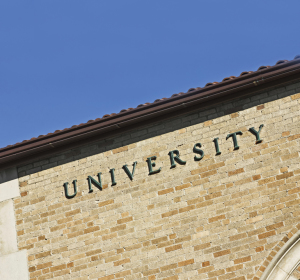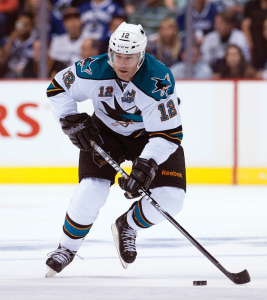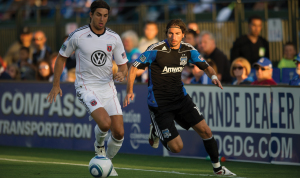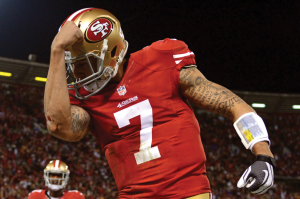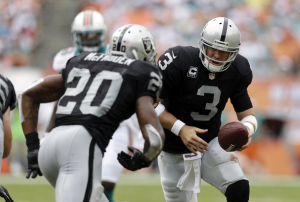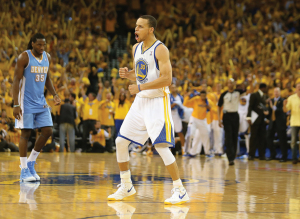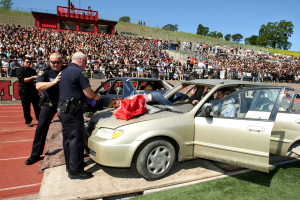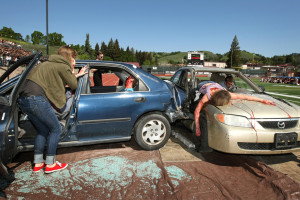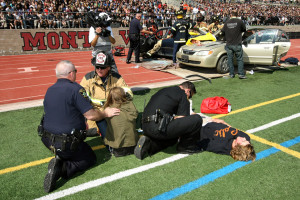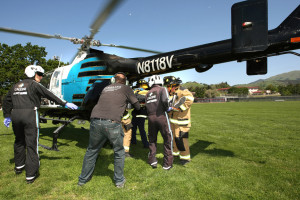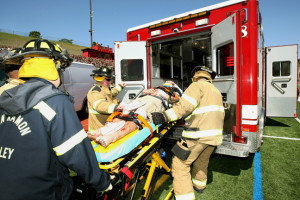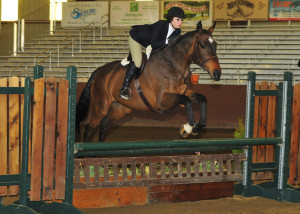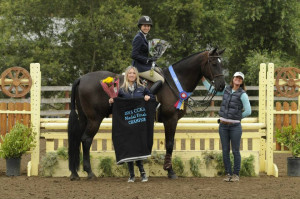Comedian David Van Avermaete had just come off the stage at a recent Anti-Bullying fundraiser for the Discovery Counseling Center at the Village Theater in Danville, when he turned to me and asked, “How did I do, was it too much?” Judging by the fact that most in the audience were still howling with laughter following his hilarious 30-minute set, I confidently replied, “You killed!” Although David has been perfecting his craft as a stand-up comedian for the past ten years, at heart he’s still a businessman trying to keep his customer happy.
“People tell me I look familiar. It must be that Uncle Fester, Welcome to Wal-Mart thing.”
Van Avermaete, a lean and fit 62 year old, is the former Founder and Chief Executive Officer of VeraLight, Inc., a privately-held medical device company established in 2004, which developed the SCOUT DS noninvasive screening device for people with pre-diabetes. Prior to that, he served as US President of the LifeScan division of Johnson & Johnson. During his 13-year tenure, he grew annual sales from under $100 million to over $1.0 billion. It was while handling his corporate officer’s responsibilities that David first tried his hand at comedy. He slyly began to weave obscure comedy riffs he lifted off the Internet, into presentations for company employees, shareholders and venture capital partners. “Humor was a great way to break the ice, ease the tension and get people to pay attention”.
Not completely retired, David currently sits on the Board of Directors for a life science company and he has recently considered joining another start-up venture. One night, following a show, he was approached by someone from the audience who wanted to know more about his business background. That meeting lead to several more with the company’s other partners and now David is weighing an offer to join the team.
“My very first boss said I was obnoxious, arrogant and lazy with no interpersonal skills. I’m thinking, wow, I’m upper management material”
After years of pilfering bits, David decided to attend the San Francisco Comedy College back in 2002 to learn how to write and perform comedy legitimately. His first on-stage stand-up appearance was a comedy competition in Albuquerque, New Mexico. In a typical comedy competition, performers do their best 3-5 minute set. “I made it to the finals, but that meant coming up with a 9 minute set that I didn’t have,” David says. “For me, to perform three minutes worth of material, it means coming up with thirty-six punch lines to get twelve laughs per minute. It’s a scientific approach to writing.
A comedy show also has roles, rules and structure. The food chain goes from open mic to MC to feature to headliner. As an MC, every comic gets just a few minutes to settle the crowd and land their best joke before they introduce the featured act and headliner. There’s a real structure to it, David tells me. “You need 15 minutes worth of material to be an opening act, 25 minutes to be a featured act and 45 minutes to be a headliner. I was always just trying to come up with enough good material to move up to the next level.” David will often tape his performances and grade the crowd reaction to find the jokes or bits he should keep and the ones he should weed out. He will also bring old material back, but often times with a different punch line or set placement. It’s a craft that demands constant editing.
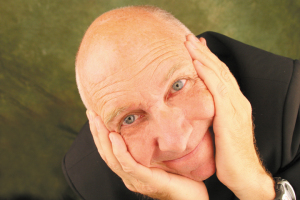 When asked about coming up with new material, David says “I often take a story or one line that I think is exceptionally funny and I begin by writing it out. I edit it, working on words and cadence. I intentionally lead people to think one thing and introduce another.” “A bit that starts as five minutes will often get cut down to two minutes, and sometimes end up as just one joke.” He explains that it all comes down to structure, tag lines, and callbacks to bleed the story. Those are comedy buzz words that probably mean nothing to most of us, but it’s what turns straw into gold on stage.
When asked about coming up with new material, David says “I often take a story or one line that I think is exceptionally funny and I begin by writing it out. I edit it, working on words and cadence. I intentionally lead people to think one thing and introduce another.” “A bit that starts as five minutes will often get cut down to two minutes, and sometimes end up as just one joke.” He explains that it all comes down to structure, tag lines, and callbacks to bleed the story. Those are comedy buzz words that probably mean nothing to most of us, but it’s what turns straw into gold on stage.
David’s stand-up routine draws inspiration from family, the community, business, marriage, ageing, and general life observations. He also has a wealth of personal and professional experience. His material is topical, intelligent, cynical, sarcastic, and a bit cutting or edgy. “I’m PG 13 with a couple of NC 17 or R rated rolls worked into my set depending on the audience”, he claims. He often draws ideas for new material from organic life situations and will often run a bit by his wife Cindy.
“My wife likes to turn out the lights when we get romantic. I’m OK with that, but the hiding – that’s just cruel.”
At the San Ramon Run for Education that took place on October 12th, a fellow runner approached David and said “you look pretty fit, I hope you’re not competing in my age bracket” “What bracket is that?” David asked. “’70-80 years old’. Apparently, I am a 62 year old, who looks like a ‘reasonably fit’ 70-80 year old. My wife finds that amusing, so there may be some comedy there.”
“I tease my wife a lot from the stage, but truth-be-told if she ever left me, I don’t know what I would do……first.”
David has two older children (a daughter, 30 and a son 28) from a previous marriage. He, and Cindy, the parents to two daughters, ages 11 and 15, live in San Ramon. “I have a certain amount of celebrity status in the house ever since I performed at the girl’s elementary school fundraiser.” David shares. David, himself, was born and raised in Mishawaka, Indiana. With just one brother, 18 years older. His mother was fond of saying “you were an accident. But we loved you anyway”.
“We recently looked into adoption, which turned out to be a pipe dream. No one in their right mind would adopt either of our kids.”
David has performed at comedy clubs across the country and even auditioned for HBO, Late Night with David Letterman, and America’s Got Talent. Locally you can find him playing Tommy T’s in Pleasanton, Rooster T. Feathers in Sunnyvale and the Improve in San Jose. Occasionally he’ll mix in a pizza parlor, bowling ally, or BBQ joint. David also graciously donates his time for an occasional fundraiser. “Playing a fundraiser can be a crapshoot. At a club, people come to watch comedy and pay to laugh. At a fundraiser, the demographics can be all over the place, people aren’t always sure what they’re getting or how to react. A comedian needs to be sensitive to the audience and nimble enough with their material to entertain the crowd.”
Over the years, he has been the feature for national touring comedians such as: Bobby Collins, Christopher Titus, Richard Lewis, and Jake Johanssen. The comedians he admires most and would like to work with are Louis C. K., Jim Gaffigan, and Brian Regan. Young comedians trying to land their big break are often traveling 300 – 350 days a year, David is much too invested in his family to spend that much time on the road. While he would welcome a special on Comedy Central or a shot at Last Comic Standing, he recognizes that it would take a lucky break or a really good agent. Fortunately, his success in the business world has left him with the freedom to make choices. Until that break comes, he’ll continue to work at the business of comedy.
“Here’s the definition of an optimist, a guy who buys condoms at Costco.”
For more information about David or to see where he’ll be playing next, visit his website at www.dva4laughs.com

